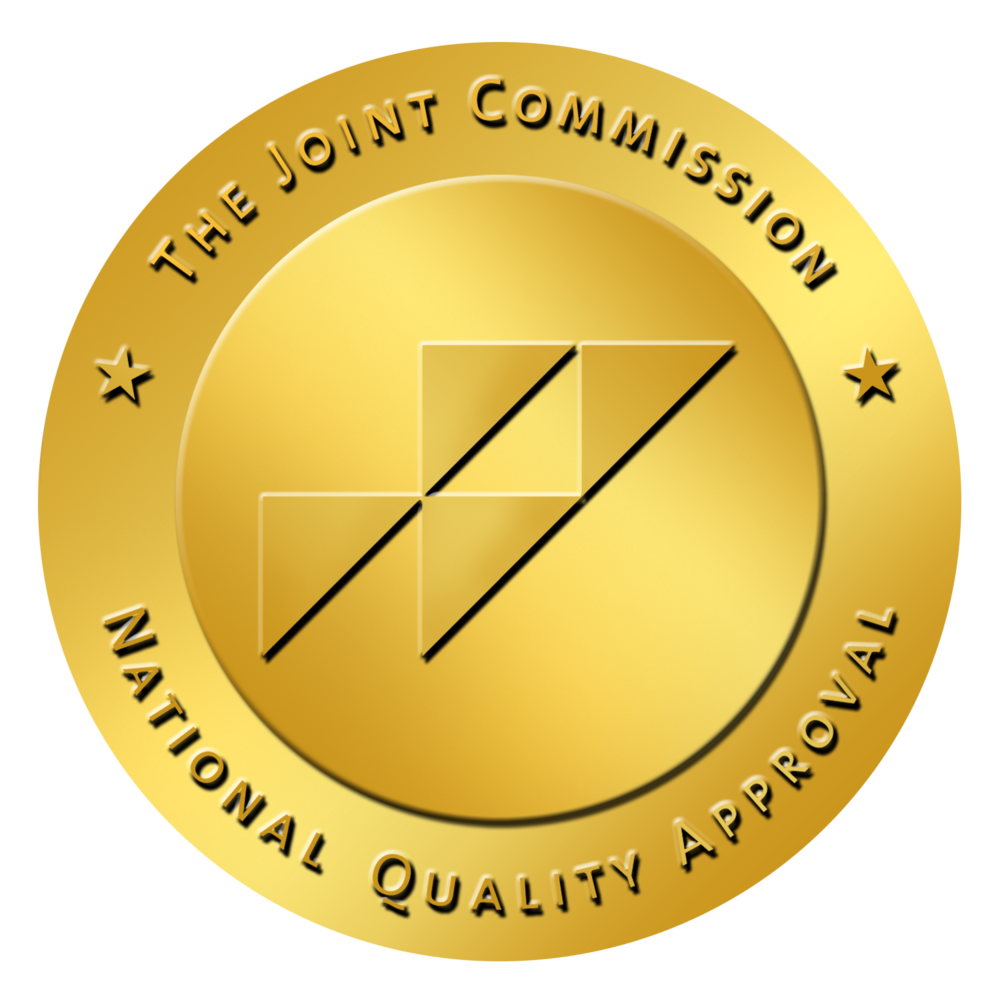Agoraphobia is an anxiety disorder that causes intense fear of situations where escape might be difficult or where help might not be available if panic or embarrassment occurs. While many people associate agoraphobia with fear of open spaces, it’s more accurately defined by the fear of feeling trapped or out of control in certain environments—such as public transportation, crowded areas, or even leaving home alone.
Adults with agoraphobia may begin to avoid certain places or activities altogether, which can lead to isolation and worsening anxiety. Over time, this condition can severely impact work, relationships, and quality of life.
At Aliya Mental Health, we provide compassionate, outcome-based care to help adults understand and overcome agoraphobia. Our programs are designed to treat both anxiety and depressive disorders, address co-occurring conditions, and help individuals rebuild confidence in navigating the world again.
Signs and Symptoms of Agoraphobia
Agoraphobia can vary in severity, but most adults experience fear or anxiety related to at least two of the following situations:
- Using public transportation such as buses, trains, or airplanes
- Being in open or enclosed spaces (parking lots, malls, theaters)
- Standing in line or being in a crowd
- Being outside the home alone
These fears often lead to avoidance behaviors and symptoms of anxiety such as:
- Rapid heartbeat or chest pain
- Dizziness or lightheadedness
- Sweating, shaking, or trembling
- Shortness of breath or choking sensations
- Nausea or stomach upset
- Feelings of helplessness or loss of control
If these reactions persist for six months or longer and interfere with daily life, it may indicate agoraphobia.
Causes and Risk Factors
Agoraphobia often develops as a result of panic disorder, but it can also occur independently. Common contributing factors include:
- Panic attacks: Many adults develop agoraphobia after experiencing panic attacks in certain places, leading to avoidance of those situations.
- Genetics: A family history of anxiety or depressive disorders can increase risk.
- Stressful life events: Trauma, abuse, or chronic stress may trigger the onset of agoraphobia.
- Personality traits: People who are naturally more anxious or sensitive to stress may be more vulnerable.
- Chemical imbalances: Disruptions in neurotransmitters like serotonin can contribute to persistent anxiety and fear responses.
Understanding the root causes of agoraphobia helps clinicians at Aliya Mental Health develop personalized treatments for anxiety that promote lasting recovery.
Treatment for Agoraphobia at Aliya Mental Health
Agoraphobia is treatable, especially when addressed early. Our treatment programs for adults combine talking therapy, medication, and supportive strategies to reduce anxiety and help patients regain control of their lives.
Outcome-based Therapies
Our experienced clinical team utilizes proven modalities, including:
Helps patients identify and challenge the thoughts and fears that lead to avoidance.
Gradually reintroduces feared situations in a controlled, supportive environment to reduce panic and avoidance behaviors.
Builds distress tolerance, mindfulness, and emotional regulation skills.
Addresses how anxiety affects relationships and communication patterns.
Some patients with major depressive or severe anxiety symptoms benefit from antidepressant medication, particularly selective serotonin reuptake inhibitors (SSRIs). These reuptake inhibitors can play an important role in balancing brain chemistry and reducing panic responses.
Our clinicians carefully monitor all medication use to minimize any adverse effect and ensure the safest, most effective treatment possible.
Why Treatment Matters
Without treatment, agoraphobia can worsen over time, often leading to persistent depression, social withdrawal, or dependence on others for basic tasks. Many people with depression also struggle with agoraphobia, as isolation and anxiety reinforce each other.
At Aliya Mental Health, we treat the full picture—not just the symptoms. Our integrated approach to anxiety and depressive disorders helps adults break free from avoidance patterns, manage fear effectively, and restore independence.
Take the First Step Toward Healing
Agoraphobia can make the world feel smaller and more frightening, but with help, freedom is possible. The compassionate clinicians at Aliya Mental Health provide specialized depression and anxiety treatment for adults 18 and older, helping each person overcome fear and rebuild confidence in daily life.
If anxiety has started to limit your independence or quality of life, contact Aliya Mental Health today. Our outcome-based treatment of anxiety disorders can help you take that first brave step toward healing, balance, and renewed hope.
Get Help for Agoraphobia Today
If you or someone you know is struggling with agoraphobia symptoms, help is available. Agoraphobia can develop from a history of panic, panic disorder and agoraphobia, or other health conditions such as posttraumatic stress disorder. Left untreated, it can cause severe anxiety, losing control, and avoidance of everyday situations.
At Aliya Mental Health, we specialize in treating agoraphobia in adults through a comprehensive approach. Our team provides a careful diagnosis of agoraphobia and develops personalized plans that include cognitive behavioral therapy, lifestyle support, and outcome-based interventions to help patients manage fear and regain independence.
People with agoraphobia can learn to safely face anxiety-provoking situations, reduce avoidance behaviors, and reclaim control over their daily lives. Early intervention is key for long-term success.
Take the first step toward healing—request an appointment with Aliya Mental Health today and begin your journey toward recovery and improved mental health care.






